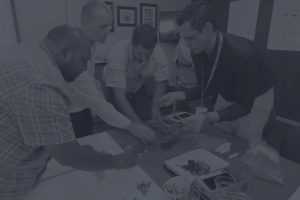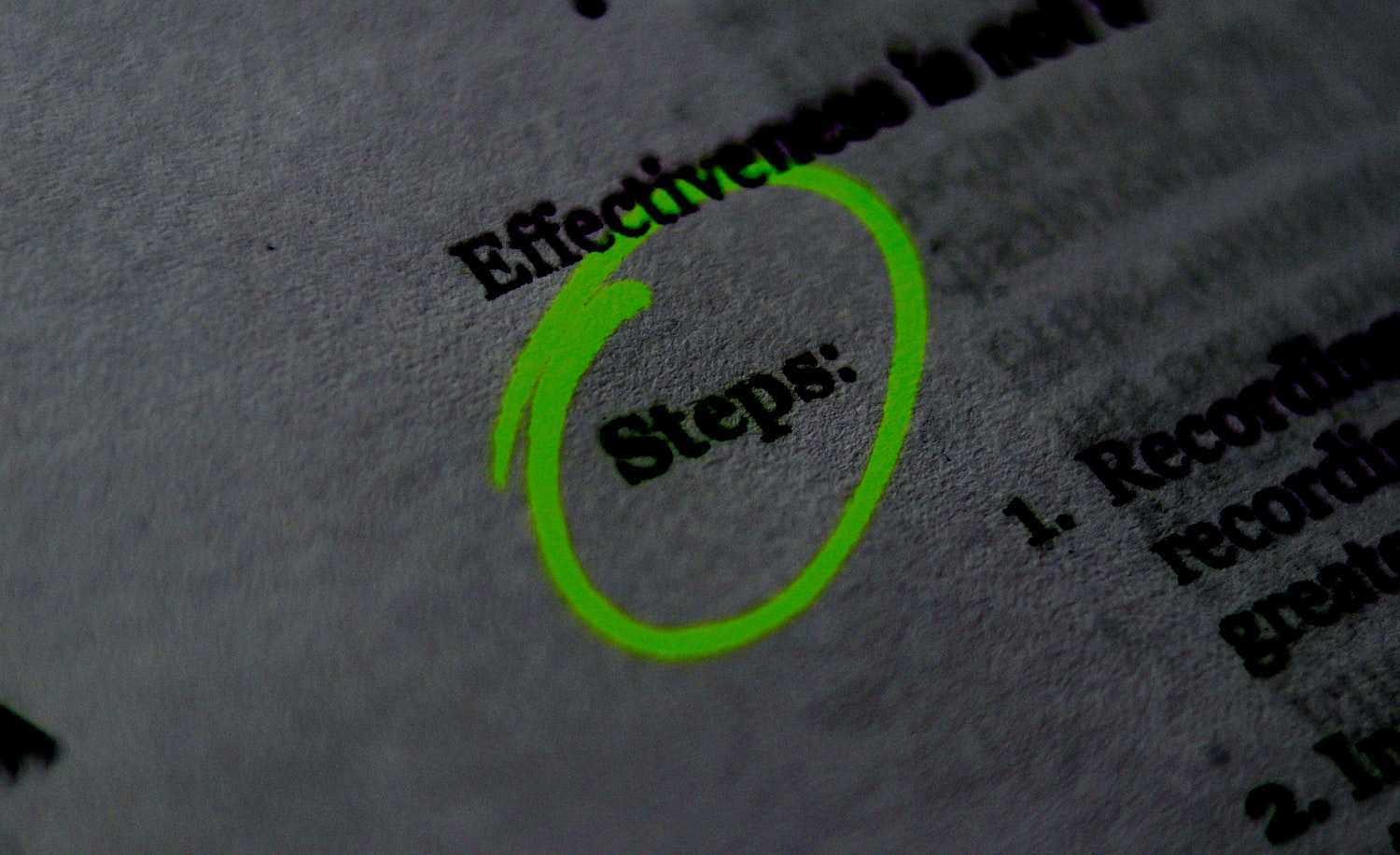Muda – 8 Wastes of Lean
Anyone with any degree of Lean training would know “Muda”. It is often translated as simply “Waste”. In Japanese, waste is identified as Muda (無駄) a word meaning “futility; uselessness; wastefulness”. By identifying and removing the Muda, waste, we get continuous improvement.
The most common acronyms for Muda are TIMWOODS (or sometimes the eight wastes are referred to as DOWNTIME).
Muri and Mura are also types of wastes in Lean
But “Mura” and “Muri” are often never touched on. As you take a more holistic view of the processes these become more apparent. And as you move up through any organisation/company, it’s part of your job to identify and remove them.
‘Everyone knows the human toll of burnout. Unchecked organizational norms insidiously create the conditions for burnout—but leaders can change them to make burnout less likely.’ Eric Garton – HBR
Mura – Unevenness
Mura is best translated as Unevenness.
It’s a key driver of wastes throughout organisations and also with its people. Imagine being simply flooded with a massive to-do list that never goes down and nothing ever gets finished. Then imagine you go to work one day and find you have nothing to do. No client calls. Its the beginning of the month and everything has gone quiet. Then 2 weeks into the month the rush starts. The workload rockets and we start to make mistakes as we try to balance output and quality. Mura causes many of the issues we all face in day to day work.
As you move away from the front line, we have to look at the unevenness across the business and do what we can to solve it. What is driving the unevenness? Do we spread bonus payments out during the month to avoid last minutes demands on the last day of the month? Should we wait until the end of the month to send invoices?
By reflecting on the impact unevenness is having on both your internal processes and your customer delivery is critical to trying to remove it. Overburdened employees burnout – it’s a fact.
Muri – Overburden
Overburden can be caused by processes having uneven demand (Mura) or potentially by reducing wastes within processes. Whatever the reason, overburden occurs when we place too much burden on a part of the process.
This could be the overburden of machines – asking them to work faster than they are capable and perhaps not giving enough time for day to day maintenance.
But more often than not fail to identify when we overburden our people. Overburdening people is one of the most damaging things that can happen within organisations. This can be the result of aggressive cutting, restructures or even the result of poorly planned transformation activities that are meant to drive improvements in the business.
In January 2017, Future workforce and Kronos identified that burnout is responsible for over 50% of their annual turnover. And 30% of these employees blamed the overburden on poor management.
Therefore, getting the balance right is critical. And lets be honest – its often the best employees that get overburdened. Its not the average or poor performers that get pulled into various projects. It’s our best people – the ones we can count on to make a difference.
The manager’s role
The focus as a manager must first and foremost be on getting the front line team to understand “Muda” and how to remove waste from every process to drive efficiencies and great value.
However, as managers, we must take a high-level view of the end to end process and by removing silo’s, functions and departments from our thinking we must find ways to ensure a consistent flow of work across all sections to support our teams.
Do you have the right people in the right places?
Do you have uneven demand within the value stream and what actions can be taken to even it out?
Are there certain individuals or sections which are doing the lion’s share and are potentially overburdened? If so, how can the responsibility or workload be shared? Is the team structure or organisational structure fit for purpose?
Check out this article from Harvard Business Review where Excessive Collaboration is discussed.
https://hbr.org/2017/04/employee-burnout-is-a-problem-with-the-company-not-the-person































